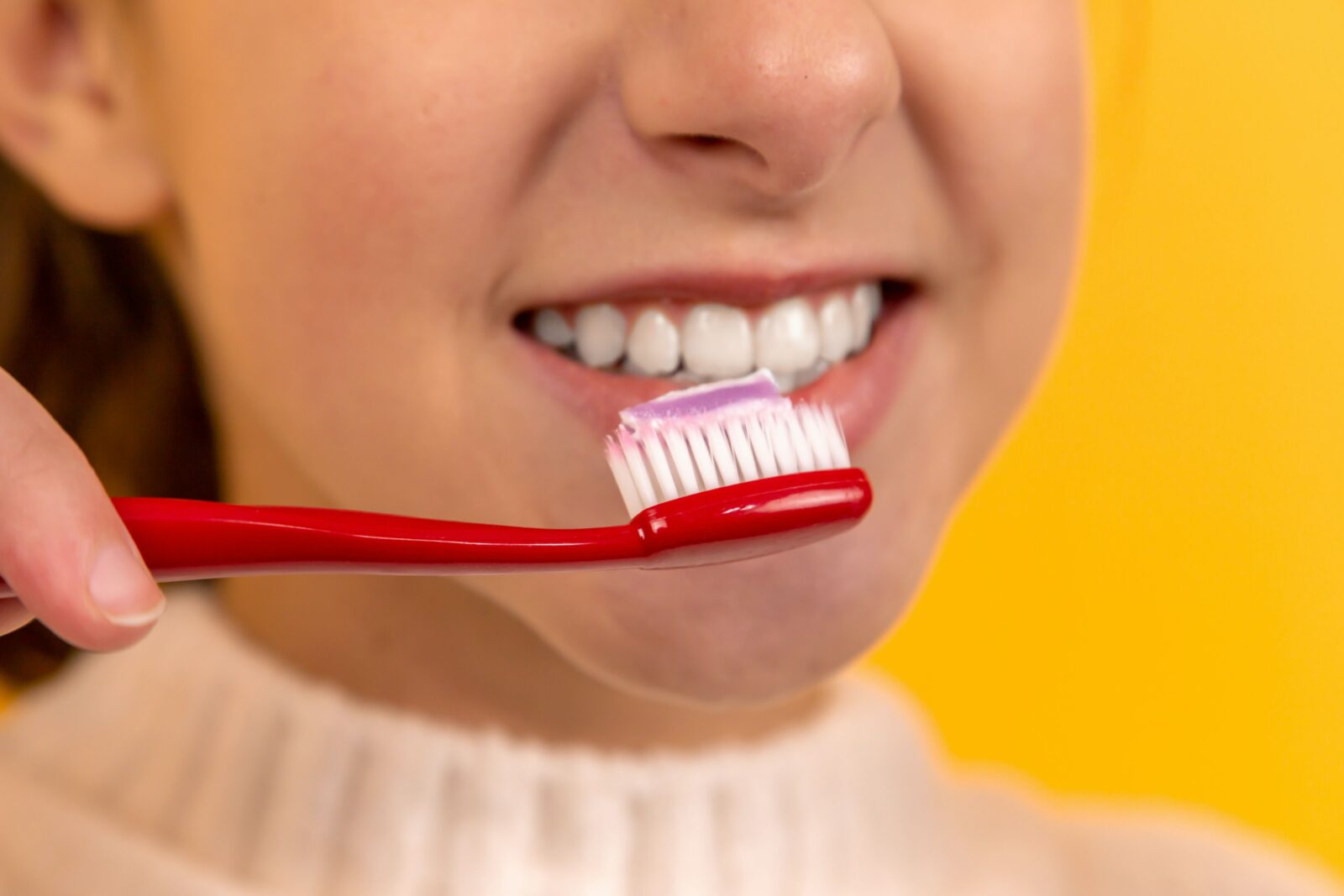There are various ways to achieve long life, and each has its own merits. Some seem to be pre-programmed — genetics being the most evident factor. Nevertheless, research continues to shed light on the lifestyle factors that may be changed to increase one’s chances of living a long life. A Journal of Aging study shows that improved dental health is linked to longer life spans.
A total of 5,611 older persons from 1992 to 2009 were studied for their oral health behaviors and dentition. They derived risk estimations for both men and women.
What did they find?
They discovered that cleaning one’s teeth before going to sleep was a “significant” risk factor for a person’s lifespan. The number of teeth one has is highly connected with life expectancy, according to research that looked at tooth loss and mortality. Those who had 20 or more teeth when they were 70 were shown to have a much better likelihood of longer life expectancy than those who had fewer teeth.
Dr. Nigel Carter OBE, the Chief Executive of the British Dental Condition Foundation, believes that the wellness of our mouth is a good indicator of our overall health. General health concerns such as cardiovascular disease, stroke, diabetes, dementia, and pregnancy complications have often been connected to oral health markers such as gingivitis. Variables including gender, BMI, education, smoking habits, and background of chronic illness were all documented and considered before researchers arrived at their results.
Gum disease, for example, is fully prevented if proper dental hygiene is practiced on a regular basis. When we take proper care of our teeth, we not only benefit our mouths, but we also benefit the rest of our bodies. It is important to brush our teeth twice a day with fluoride toothpaste, limit our intake of sugary foods and beverages, and see the dentist on a regular basis in order to keep our overall health in check and enhance our smiles.











Leave a Reply